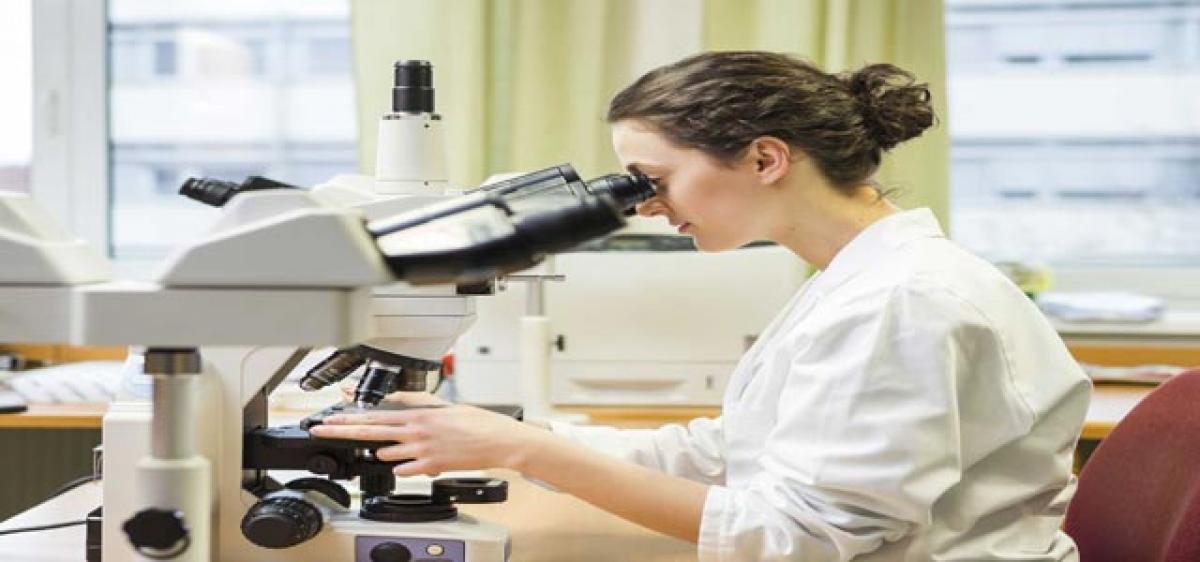Scientists closer to creating HIV vaccine

Australian scientists have taken a step in the \"right direction\" to creating a vaccine for the deadly HIV virus. Researchers from South Australia\'s University of Adelaide and the Queen Elizabeth Hospital have used a common cold virus to introduce their DNA-based vaccine into the immune system of laboratory mice, Xinhua news agency reported.
Australian scientists have taken a step in the "right direction" to creating a vaccine for the deadly HIV virus. Researchers from South Australia's University of Adelaide and the Queen Elizabeth Hospital have used a common cold virus to introduce their DNA-based vaccine into the immune system of laboratory mice, Xinhua news agency reported.
Branka Grubor-Bauk from the University of Adelaide said the team targeted the vaccine into areas in which the HIV infection is most commonly found, and discovered that the testing achieved a "significant reduction" of infection rates in the mice.
"You need to get protection where your body encounters the virus first and you need to stop that virus from either entering, or you need to stop it from replicating and stop it from spreading," Grubor-Bauk said on Monday.
"We're hoping our discovery is definitely pointing us in the right direction." She said now the team had made the important breakthrough, and it was vital that research continues into a human vaccine for the HIV infection.
"After a long four years of study, we were able to create this common cold virus that encoded proteins of HIV and we vaccinated mice and we were successful in creating immunity in mucosal surfaces," Grubor-Bauk said.
"We also have a DNA vaccine we administered intradermally, like the influenza vaccine, and we found by administering this vaccine we were able to get a systemic immunity throughout the whole body." The results of the testing were published in the Scientific Reports journal.











